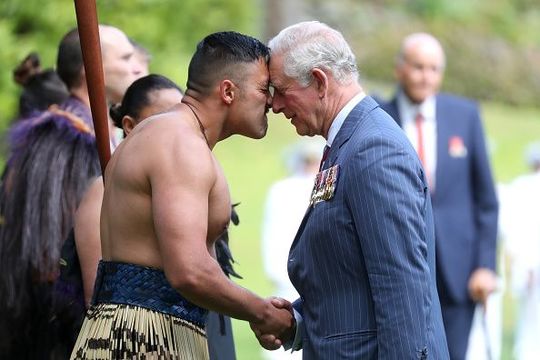New Zealand Loyal – Treaty of Waitangi Policy
The Treaty of Waitangi is a foundational document in New Zealand’s history, signed between the Crown and Māori chiefs in 1840. However, it is essential to recognize that the Treaty is a contract between the specific signatories and does not bind any other parties, not present at the signing.
Core Principles
1. Recognition of the Treaty as a Contract: The Treaty of Waitangi is a contract between the Crown and the specific Māori chiefs who signed it, and its principles apply only to those signatories.
2. No Binding Obligations on Non-Signatories: The Treaty does not impose obligations or responsibilities on any individuals or groups not party to the contract, including non-signatory Māori and other New Zealand citizens.
3. Comparison to the Declaration of Independence: Similarly, the 1835 Declaration of Independence, signed by Māori chiefs, declared independence for those specific tribes and does not represent or bind any other inhabitants of these lands.
4. Rejection of Unfair Burden on New Zealanders: The financial burden of treaty claims and settlements must be redirected to the Crown, the original party to the contract.
5. Elimination of ‘IWI’ Participation: The ‘IWI’ construct, being a Crown creation, will be eliminated from the claims process, allowing Hapu to negotiate directly with the Crown.
6. No Co-Governance: New Zealand is one nation, and co-governance arrangements will not be tolerated.
7. Inalienable Rights: Every individual in New Zealand has inalienable rights that shall be both respected and protected.
Treaty Claims Settlement Process
1. Direct Negotiation with the Crown: Hapu will negotiate directly with the Crown to settle historical treaty claims.
2. No Further Financial Burden on New Zealanders: The Crown will bear the financial responsibility for treaty claims and settlements.
3. Full Disclosure of Archives: New Zealand’s archives related to the Treaty of Waitangi will be released unredacted to ensure transparency and understanding.
Interpretation and Implementation
1. Maori Text Version: The Maori text version of the Treaty, translated from the original English version, will be recognized as the correct version for all signatories.
2. Repeal of the Treaty of Waitangi Act 1975: The English version of the treaty that formed the basis of the Treaty of Waitangi Act 1975 will be repealed due to its inaccuracies and misinterpretations.
Conclusion
Our Treaty of Waitangi policy prioritizes a clear understanding of the Treaty as a contract between specific signatories, emphasizing that it does not bind other parties. By recognizing the Treaty’s limitations, promoting direct negotiation between signatories, and redirecting financial burdens to the Crown, we aim to promote a more equitable and just relationship between all New Zealand citizens.
© 2025, All Rights Reserved







